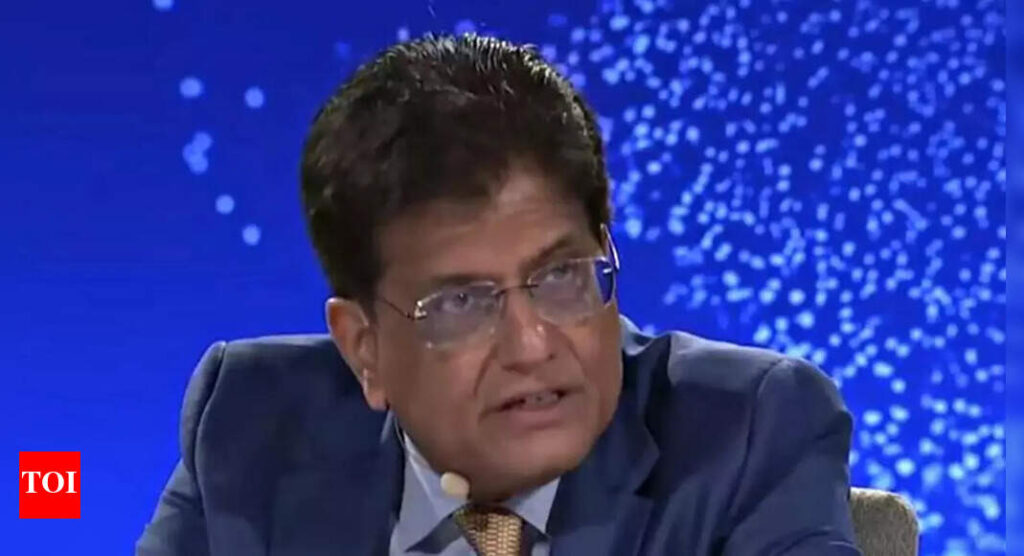
Commerce Minister Piyush Goyal has criticized what he perceives as Western nations’ double standards concerning Russian oil sanctions, particularly questioning Germany and the UK’s pursuit of exemptions. Speaking at the Berlin Global Dialogue, Goyal emphasized India’s independent trade policy, asserting that the nation will not enter into trade agreements under external pressure.
At the conference, Goyal highlighted India’s commitment to choosing international partners based on national interests. He argued that attempts to pressure India into aligning its trade relationships with Western expectations are unacceptable. “The decision to buy a particular product from a country is something that the entire world will have to take a call on,” Goyal stated.
Western Exemptions and India’s Position
The minister pointed to Germany’s request for an exemption from U.S. sanctions on Russian oil and the UK’s similar pursuits, questioning why India is often scrutinized under similar circumstances. “I was reading in today’s paper, Germany is asking for an exemption from US sanctions on oil…The UK already has sorted or probably got an exemption for procuring oil from the US…,” he remarked.
These statements come as the global landscape of energy trade continues to evolve, with countries navigating complex geopolitical pressures. The European Union, for instance, has enacted a prohibition on importing fuels manufactured from Russian crude oil, effective January 2026.
India’s Trade Strategy Amid Global Tensions
Goyal’s comments also reflect broader tensions in international trade, particularly in light of high tariffs imposed by the previous U.S. administration. Under President Donald Trump, the U.S. had implemented a 50% tariff on Indian exports and a 25% additional import levy on Russian crude oil purchases. In response, India is actively exploring alternative markets to mitigate the impact of such tariffs.
During his address, Goyal reiterated India’s approach to trade agreements, stating, “…we do not do (trade) deals in a hurry and we do not do deals with deadlines or with a gun to our head.” He emphasized that India’s trade decisions are deliberate and not made impulsively.
Historical Context and Future Implications
The current situation echoes past trade tensions, such as those during the Cold War, where geopolitical alliances often dictated economic relationships. The recent sanctions on Russian oil companies like Rosneft and Lukoil, accused of supporting the Kremlin’s actions in Ukraine, further complicate the international trade environment.
As India continues negotiations with both the EU and the U.S., the outcome of these discussions could significantly influence global trade dynamics. The minister’s comments underscore a broader trend of countries reassessing their trade policies in light of shifting geopolitical realities.
Looking forward, India’s steadfast position on maintaining its trade autonomy could serve as a model for other nations facing similar pressures. The ongoing dialogue with international partners will likely shape the future of India’s trade relationships and its role in the global economy.






